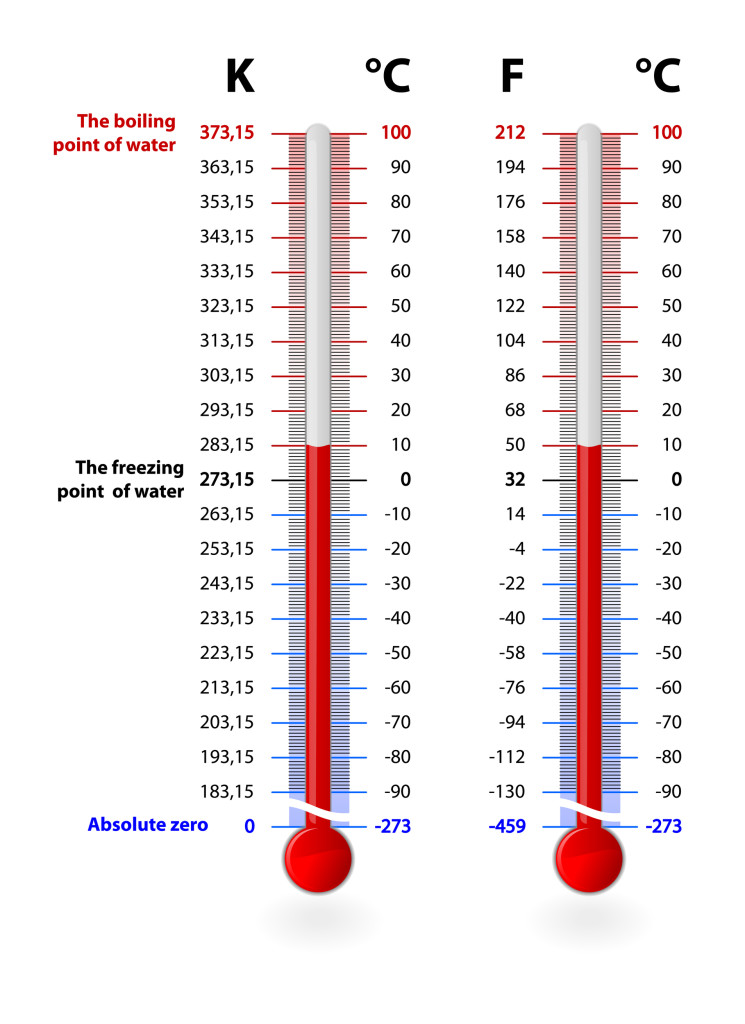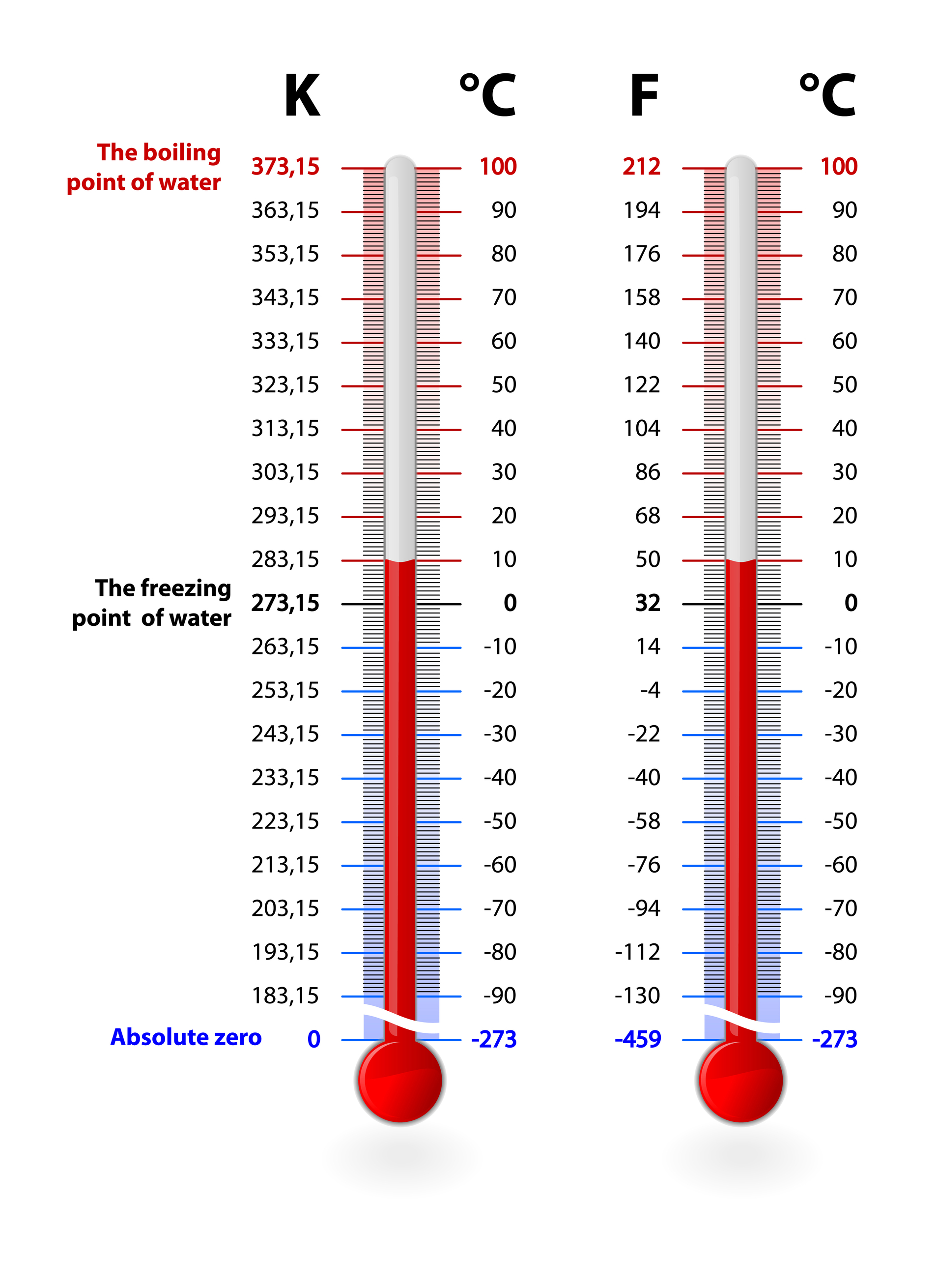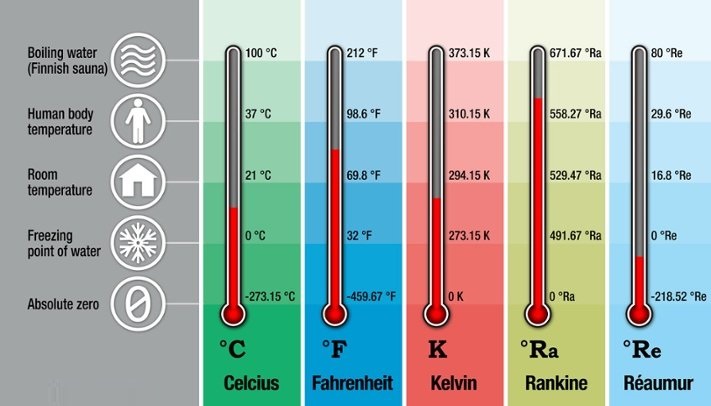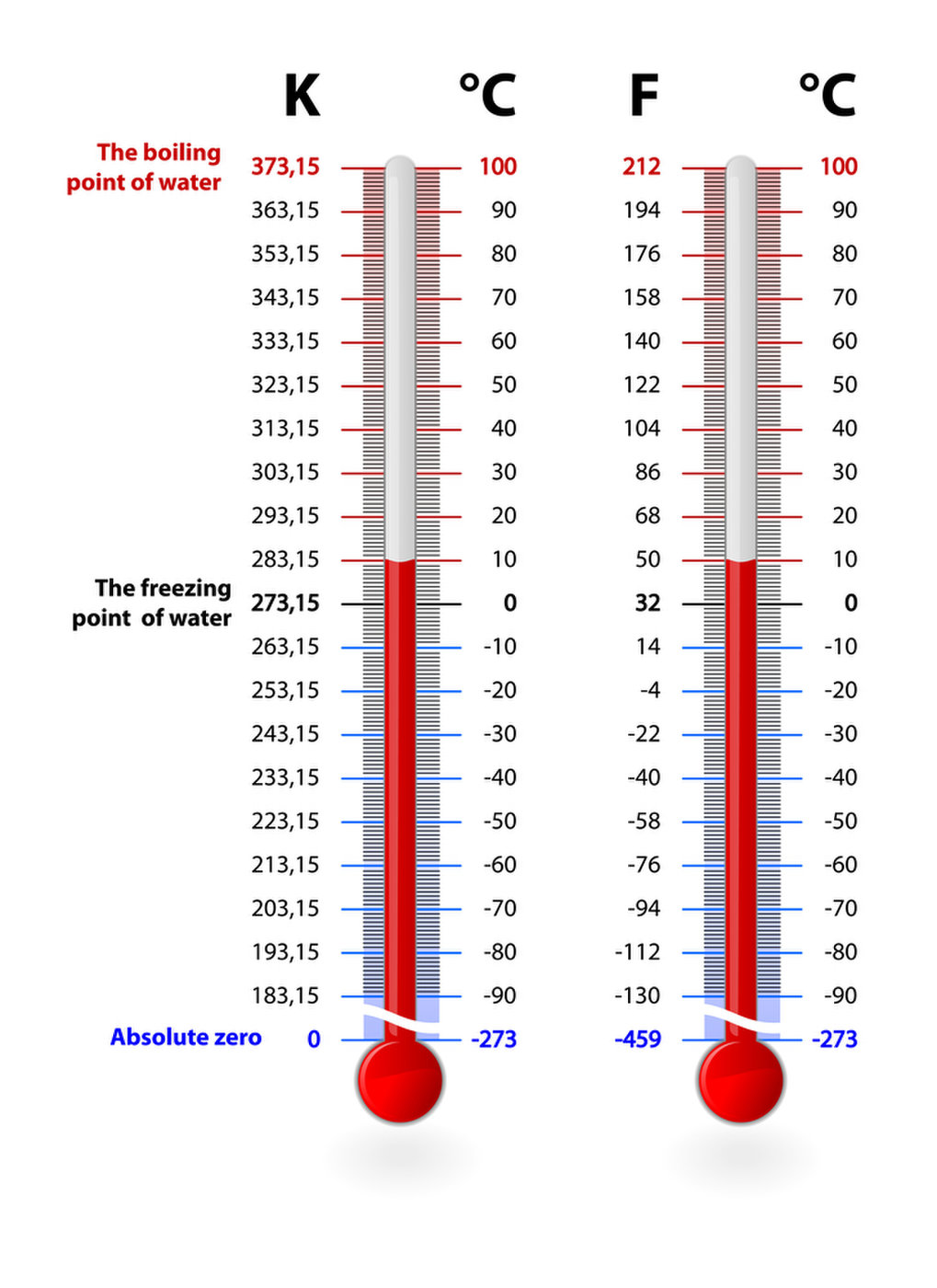Have you ever wondered what your body temperature is in Kelvin? The human body temperature is usually measured in Celsius or Fahrenheit, but the Kelvin scale is also used in certain scientific applications. In this article, we will explore the human body temperature in Kelvin and its significance.

What is Kelvin Scale?
The Kelvin scale is a temperature scale that starts at absolute zero, which is the point at which all matter stops moving. It is named after the famous physicist, Lord Kelvin, who proposed the concept of an absolute temperature scale in the 19th century. The Kelvin scale is also known as the absolute temperature scale, as it is the only temperature scale that does not have negative values.

Normal Human Body Temperature
The normal human body temperature is around 36.5-37.5 degrees Celsius or 97.7-99.5 degrees Fahrenheit. However, these values can vary slightly depending on the individual, time of day, and other factors. In Kelvin, the normal human body temperature is around 309.6-310.6 K.

Why Use Kelvin Scale?
The Kelvin scale is often used in scientific applications because it is an absolute scale, meaning that it has a clear reference point. This makes it easier to compare and measure temperatures accurately, as there is no room for error or confusion. The Kelvin scale is also used in certain medical procedures, such as measuring body temperature during surgery.

Fever and Hypothermia
Fever is a common symptom of many illnesses, and it is an indication that the body is fighting an infection or illness. A fever is usually defined as a body temperature of 38 degrees Celsius or higher, which is around 311 K in Kelvin. Hypothermia, on the other hand, is a condition where the body temperature drops below normal, usually around 35 degrees Celsius or lower, which is around 308 K in Kelvin.

Body Temperature and Exercise
During exercise, the body temperature can increase significantly, and this is perfectly normal. The body uses sweat to regulate its temperature and cool down, but in some cases, the body may overheat, leading to heat exhaustion or heat stroke. It is important to stay hydrated and take breaks during exercise to avoid overheating.

Conclusion
The human body temperature in Kelvin is around 309.6-310.6 K, which is slightly higher than room temperature. The Kelvin scale is often used in scientific applications because it is an absolute scale, making it easier to compare and measure temperatures accurately. Understanding the human body temperature in Kelvin can be useful in certain medical procedures and scientific research.